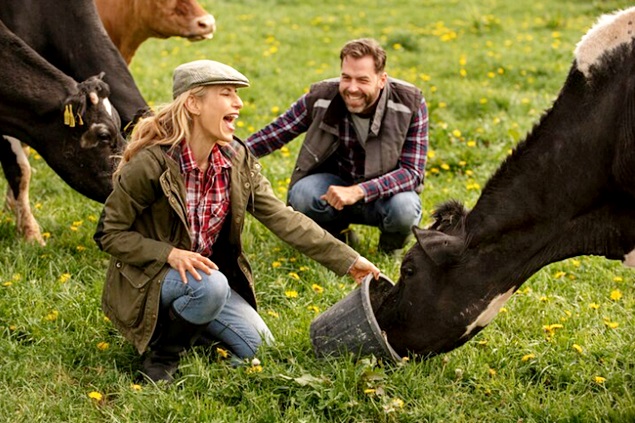1733

Parliamentarians in the European Parliament have adopted their position ahead of negotiations with EU ministers regarding the new pollution reduction rules in the industrial sector, which propose excluding cattle farming from the count, according to Euractiv.
Green Deal becomes milder
The agreement further narrowed down the scope of the Commission's proposal, presented in April 2022, by setting a threshold that includes fewer pig and poultry farms than initially sought by the EU executive.
Specifically, lawmakers agreed to define "industrial" farms as those with over 350 animal units (AU) for pigs, 300 adult animal units (AAU) for poultry, and 280 for broilers. The Commission had proposed a more ambitious sum of 150 AU for all animals, including cattle.
Too much or too little?
The EU farmers' association COPA-COGECA welcomed lawmakers' efforts to change "a Commission proposal that was not in line with on-the-ground realities." However, they said the agreement "rejected" the consequences for poultry and pig farms.
The association also lamented that the issue of agricultural imports remains unresolved.
"Who will be able to explain to European farm families that we will import (…) meat and eggs from foreign companies that will not respect any of the IED standards?" COPA-COGECA asked in a press release.
Farmers insisted on a "reciprocity clause" to ensure that producers outside the EU meet environmental requirements similar to EU producers. The European Parliament initially supported the idea, but the Council hesitated, and such a clause did not make it into the final agreement.
"A bitter example"
On the other hand, the European Environmental Bureau (EEB) said the new IED "maintains protection against the polluting status quo."
"This is a bitter example of how EU decision-makers are disconnected from public interests and unwilling to translate the EU Green Deal into clear rules," said Christian Schaible, EEB policy officer.
Similarly, the animal welfare organization Four Paws lamented that "another opportunity to adapt the animal farming industry for the future is being lost."
The provisional agreement will now be submitted to representatives of the member states in the EU Council and MEPs. If approved, the new rules for animal farming will be applied progressively, starting in 2030 with the largest farms.





